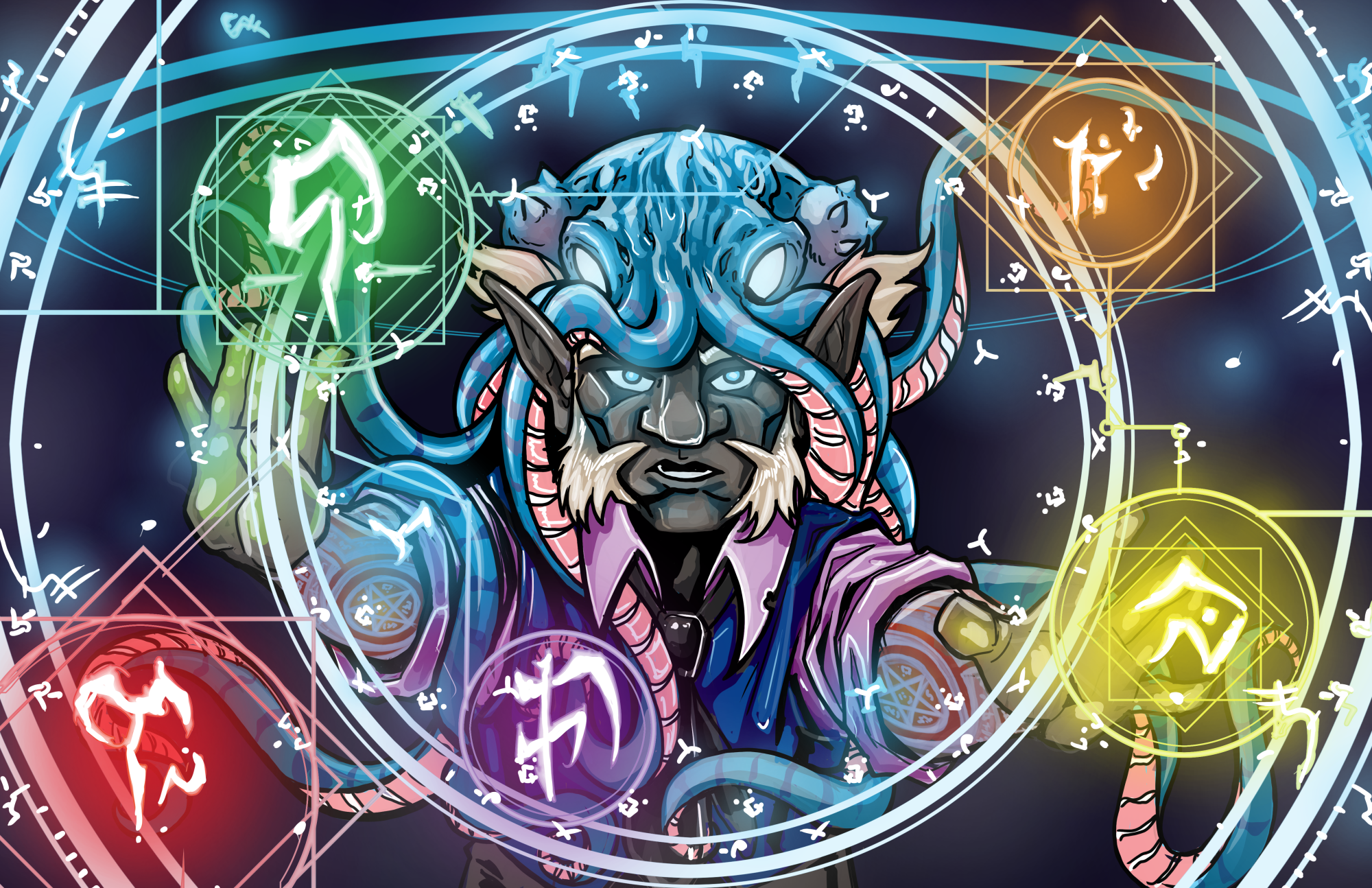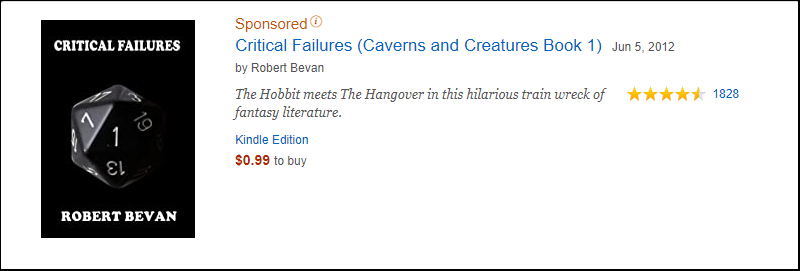by Mitchel Emley
For veteran players and newbies alike, this is often a question that tends to stick on their minds. What does make a good DM, and why does the difference seem so stark between a good DM and a bad one? What makes a DM a bad DM even? Good Dungeon Masters tend to have a few overarching qualities to them that synergize well with both the game systems and with the players who tend to play D&D.
A Patient Personality
Especially among new DM’s, it pays to be patient and to give yourself and your players time to learn. There’s always that “break the ice” moment when you have a new group on session zero, that moment of “will this go well” or “what will they think of my idea”. Give yourself that space to be vulnerable in presenting the campaign to the players, and give yourself that emotional space to be okay with it taking time to have your players warm up to it. No matter how enthusiastic you are, not everyone shares your excitement because they can’t see the full scope of your vision.
You need to have the wherewithal to be willing to wait to bread crumb your players to the epic scale of everything you have planned out. This can mean weeks, months, or even years among the more hardcore groups. Even for veteran DM’s, this is still a super important quality to have as the expectations of a veteran DM tend to be higher. Players anticipate more complex storytelling or more engaging battles or elaborate plots, so being kind to yourself and giving yourself the space to engage on your own terms will go far.
A Joy For Storytelling
As mentioned in one of my previous articles, the art of worldbuilding is something that tends to draw in DMs. Crafting something carefully and meticulously, sculpting it into a masterpiece of narrative and plot; these are the things that tend to draw in a more ambitious storyteller. But so too does the idea of sharing this responsibility with the players. Don’t just tell the story you want to tell - tell the story you all want to tell. People who sink their teeth into stories just to be along for the ride, to see where the author is going will go far as a DM so long as they remember the axiom of it being a group effort. Don’t be afraid to tell individual stories either!
Characters deserve the spotlight from time to time in order to help build connections and fluff up the feelings of importance. When I DM, I make it a point to take at least one session per player to do an “about them” story, where their background is explored in earnest, or something the player really wanted to do is given its chance to shine. Everyone gets a turn, everyone benefits, and the story is improved as a result. Keep your eyes open for story opportunities that aren’t in the script too, take that natural inclination to want to listen to a good story and channel it into your party - let them drive things for a bit, see what happens!
Player Agency Is Important
No one likes being forcefully railroaded into a single limiting concept. It isn’t fun for the players and honestly, it isn’t any fun for the DM either. Any DM who claims otherwise is just a bad DM who should go write a book instead. Let your players go off the beaten path, let them explore and chase after the unknown! Yes it keeps you on your toes and sure, you may not have something prepared ahead of time (unless you read my worldbuilding article, that is) but that’s half the fun of improvisation! It also can lead to really great moments of levity where players ask what's behind the rock and you, in a panic, say it’s a bunny rabbit saying “I'm late, I’m late!”
Be okay with the absurd and encourage your players to use their agency intelligently. Combine it with milestone XP rewards to give players kudos for doing something unexpected. Let them feel like they can genuinely impact the story and have meaningful interaction with the plot. Did they fail to save the smith? Well, no more smithy for them. Did they take the time to rescue children from goblins? Show how that changes the villages around them. Saved a merchant? Discount on goods! Every choice can have consequences - whether those are good or not is up to you as the DM, but consider the ramifications of rewarding or punishing each one.
The Code Is More of What You’d Call Guidelines Than Actual Rules.
The infamous line in Pirates of the Caribbean really just highlights the mood here in the sense that yes, rules are important, but really, they’re just there to guide the story along. D&D is, afterall, a narrative experience in collaborative storytelling, not just a bunch of mechanics slapped on a page. The entire concept of reflavoring (altering the appearance of something so long as the core function of the mechanic stays the same) reinforces this as truth in action. While it may not be strictly “by the rules” or “rules as written”, altering your monks fists of fury to kicks of fury hurts no one, but gives agency to the player and lets them enact the vision of their character.
This really goes hand in hand with “don’t railroad the players”, since you want them to feel invested both in their characters and the world. No one will care if Bob got sliced in half if Bob didn’t get to pick his sheet, his traits, his appearance, or anything else about him and was just handed a sheet and told he’d die by the end of Act 1. But everyone will care if Bob, the guardian of the system you spent several weeks getting to know, manages to save everyone only to get stabbed in the back by the NPC he convinced to work alongside you.
Final Thoughts
Great DM’s pay attention to their players, involve them in the story, and work collaboratively to build an amazing experience together. Great DM’s also don’t take things ultra seriously and know that at the end of the day, this is just a game and we’re all here to have a bit of fun!
See Also:
Worldbuilding Gone Wrong: 4 Common Worldbuilding Mistakes
About the author:
Hello there! My name is Mitchel and I have been writing for over a decade. With a preference for the 'hard' side of science fiction and fantasy, I pride myself on complex and detailed worlds, characters, and stories. I'm a huge fan of books like Dune, The Culture series, Lord of the Rings, and the Dragonriders of Pern. Games that act as story generators, like Rimworld and Skyrim, are some of my favorites as well. I also have enjoyed roleplay in DnD, Star Wars, Final Fantasy, and Stellaris based settings. I'm located in Portland, Oregon, and have lived here for a decade now.
Thank you for visiting!
If you’d like to support this ongoing project, you can do so by buying my books, getting some sweet C&C merch, or joining my Patreon.
The text on this page is Open Game Content, and is licensed for public use under the terms of the Open Game License v1.0a.
‘d20 System’ and the ‘d20 System’ logo are trademarks of Wizards of the Coast, Inc.
and are used according to the terms of the d20 System License version 6.0.
A copy of this License can be found at www.wizards.com/d20.



